
Creative Industries at Solent Soar in National Rankings
School of Creative Industries celebrates standout performances in the Guardian University Guide 2026.
8 October 2025
School of Creative Industries celebrates standout performances in the Guardian University Guide 2026.
8 October 2025
Southampton Solent University is one of nine venues to host Black History Month South's 2025 Colourism exhibition.
8 October 2025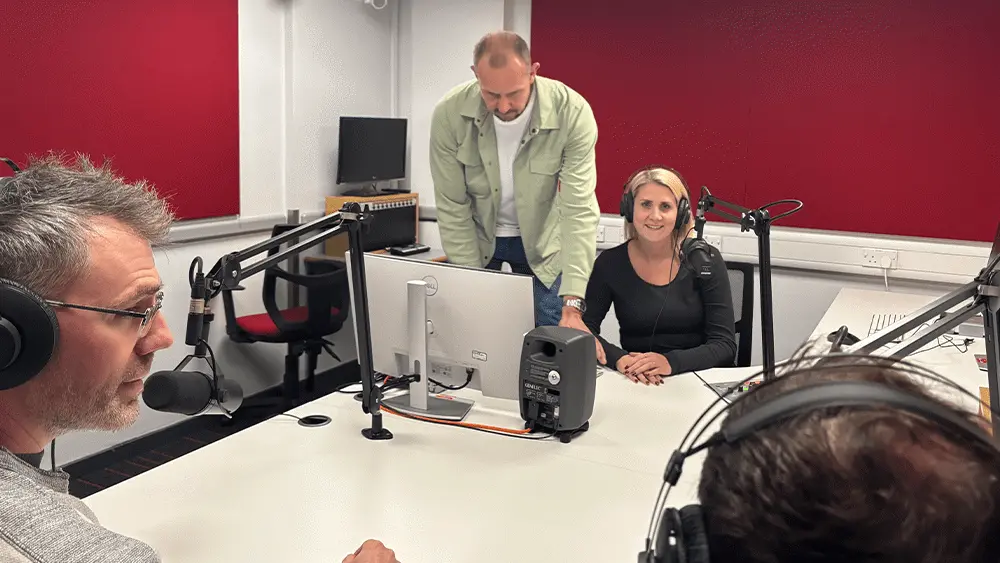
Southampton Solent University has invested in the latest technology with a cutting-edge podcast studio.
6 October 2025
Southampton Solent University's Business, Law and Society Impact Board has appointed Ty Francis MBE as Chair.
3 October 2025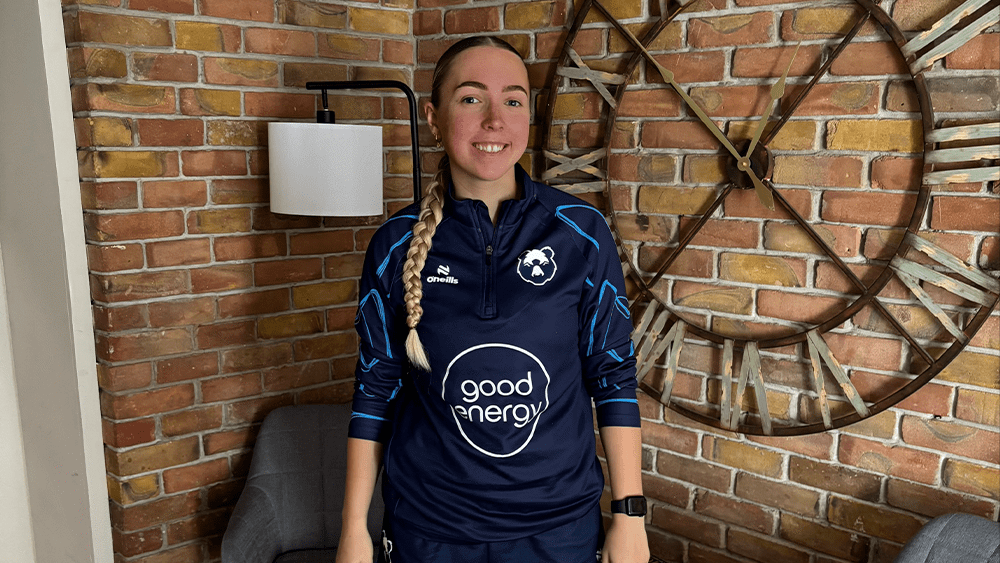
A BSc (Hons) Sport and Exercise Therapy student had the opportunity to support rugby players at this year's world cup.
1 October 2025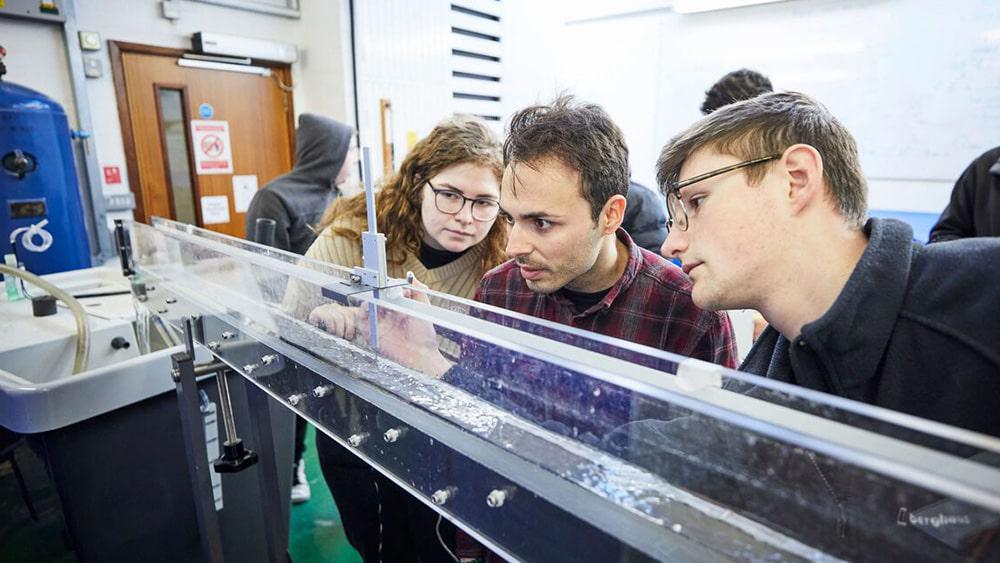
Mechanical Engineering ranks high for teaching satisfaction
30 September 2025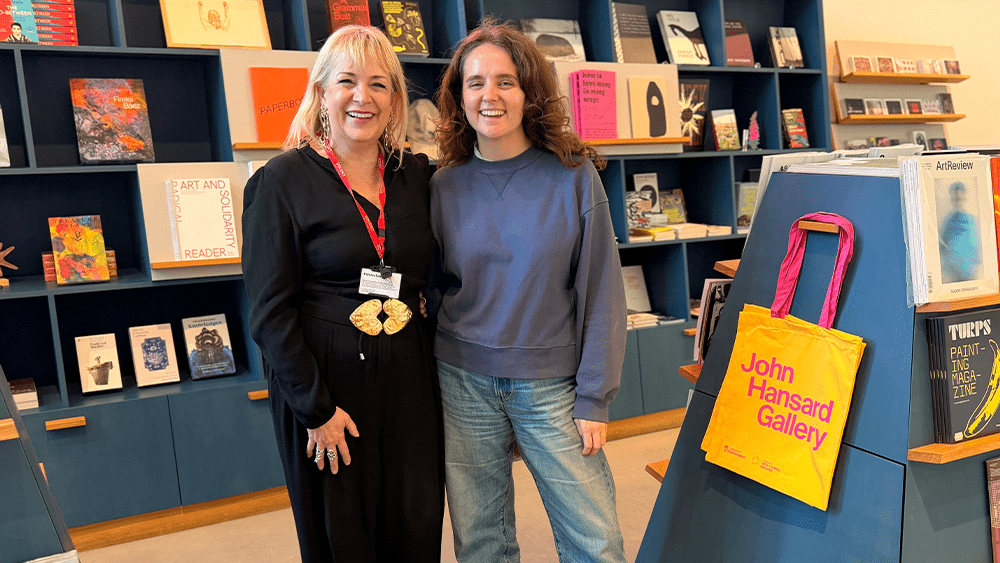
The John Hansard Gallery is the latest venue to stock Re:So products.
30 September 2025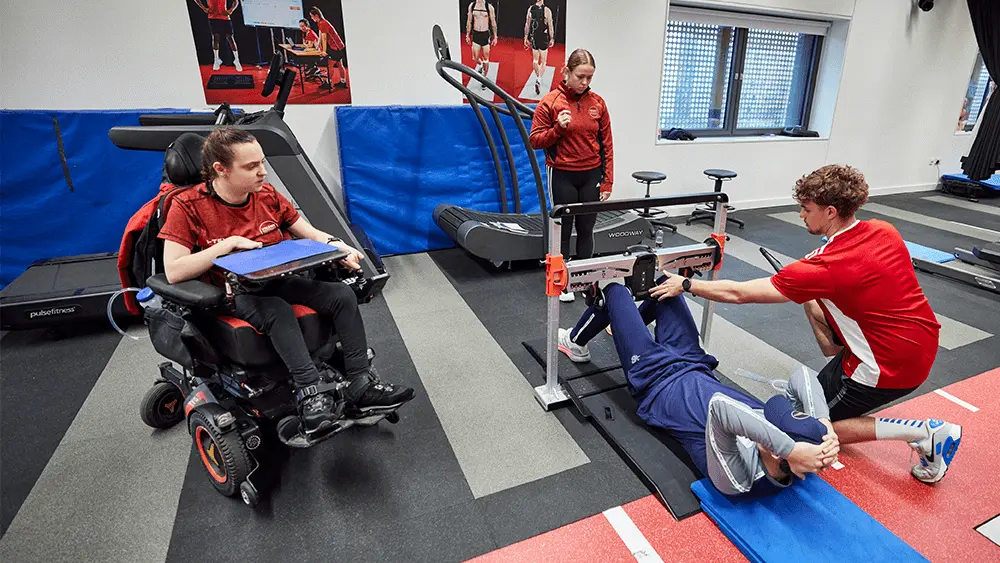
Southampton Solent University's latest Guardian University Guide results showcase great results for the School of Health and Sport.
29 September 2025
The latest Knowledge Exchange Framework publication highlights how Southampton Solent University is making a difference regionally.
26 September 2025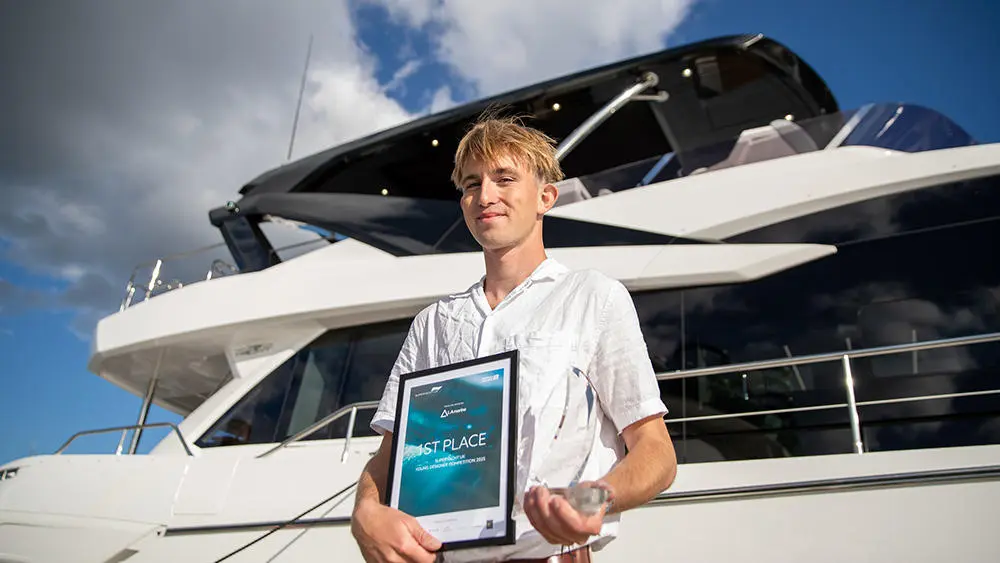
Yacht Design and Production student, Jack Francis, wins 2025 Superyacht UK (SYUK) Young Designer Competition.
26 September 2025
Biomedical science researchers at Southampton Solent University have published exciting new research.
24 September 2025
Experience life as a student at Solent at one of our on-campus or virtual undergraduate, postgraduate or maritime open days.
Find out more
The Guardian University Guide 2026 spells success for Southampton Solent University.
22 September 2025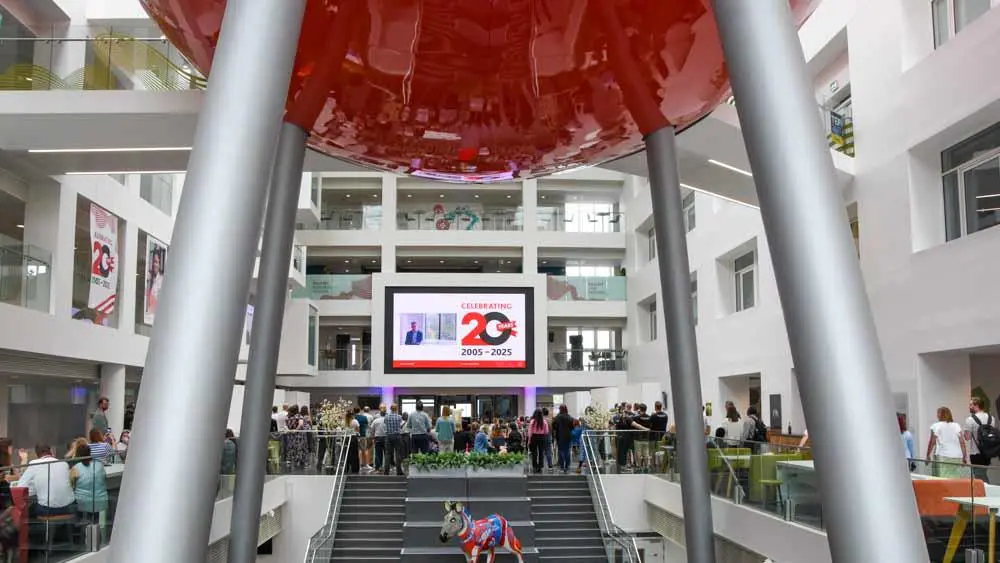
Southampton Solent climbs 22 places in the Times rankings, a week after jumping 28 places in the Guardian rankings
19 September 2025
Southampton Solent University recently played host to world-famous rock band, Don Broco.
16 September 2025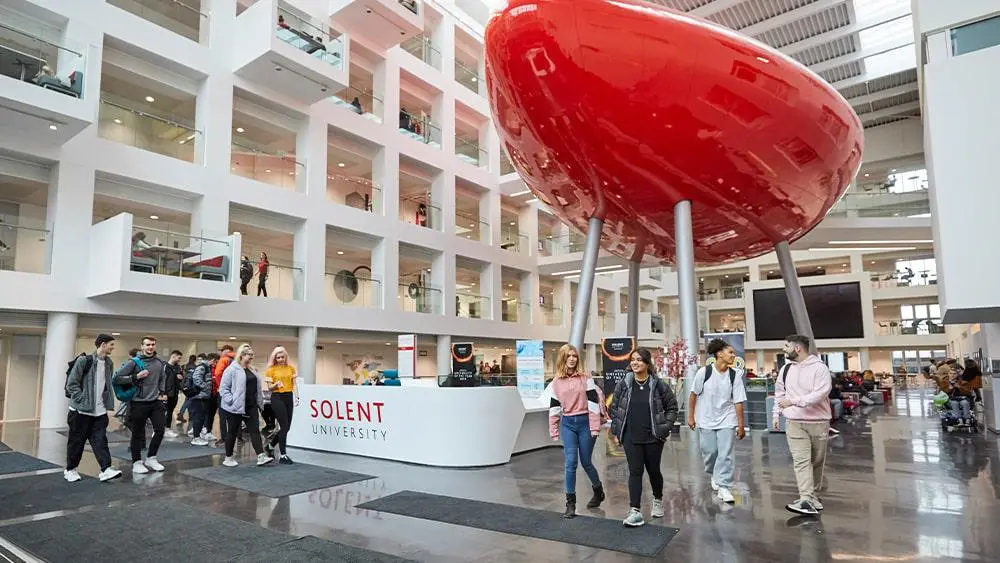
Southampton Solent gains 28 places in the rankings to achieve its highest ever ranking
13 September 2025